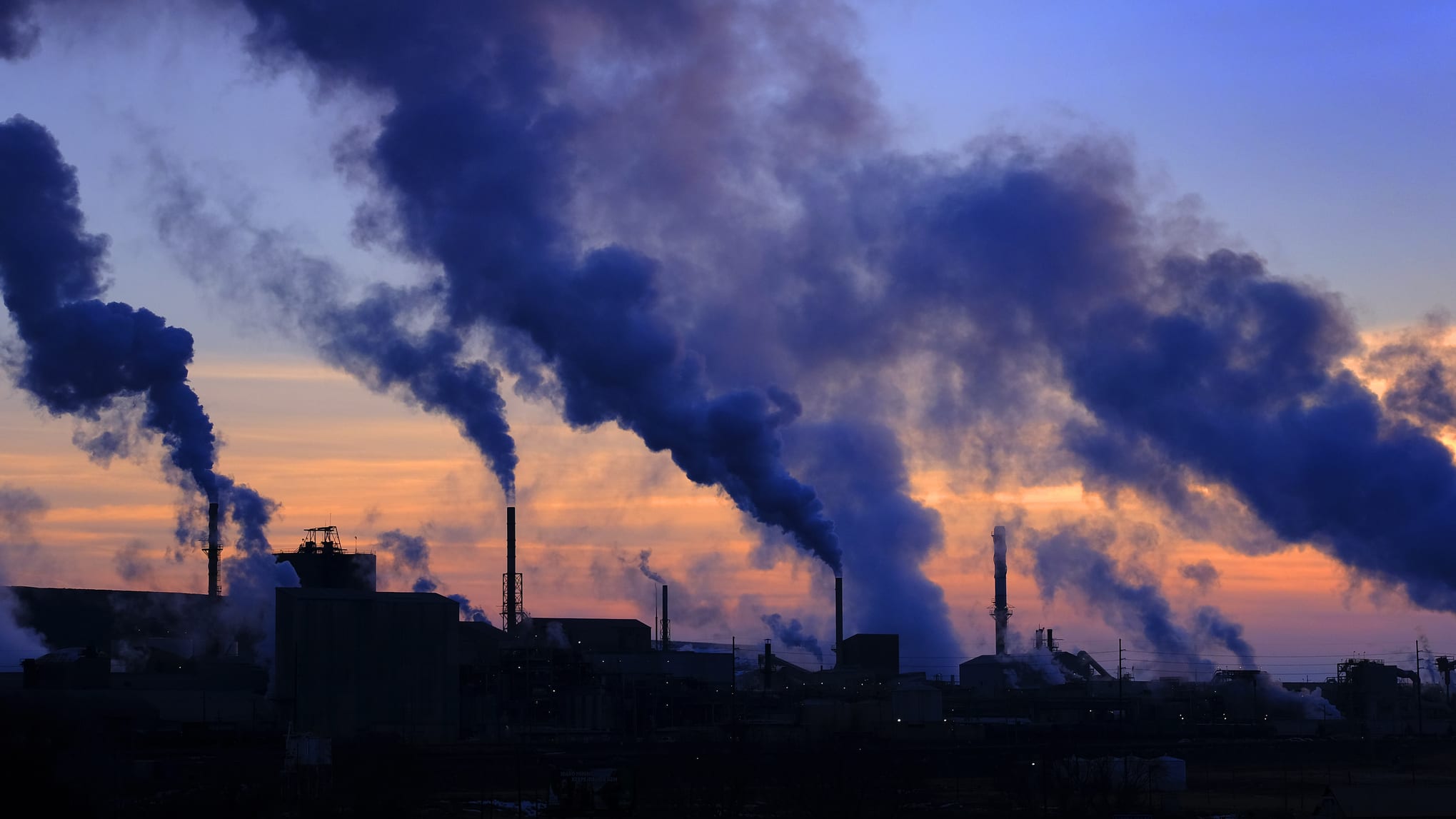Study suggests world is warming faster than previously expected


A free daily email with the biggest news stories of the day – and the best features from TheWeek.com
You are now subscribed
Your newsletter sign-up was successful
New research using artificial intelligence has predicted that the world will hit its critical warming threshold far earlier than scientists originally predicted. The study, published in the journal Proceedings of the National Academy of Sciences, says "The central estimate for the 1.5 °C global warming threshold is between 2033 and 2035."
The Paris Climate Agreement from 2015 was a pledge made by countries to limit global warming to below 2 degrees Celcius, but preferably below 1.5 degrees Celcius from pre-industrial levels, a threshold that scientists deemed to be the limit before the world experiences dire consequences. The Earth has already warmed 1.1 or 1.2 degrees since pre-industrial times, reports The Associated Press.
"The AI is able to learn the most reliable indicators of how long is left until a given global warming level is reached in a large number of sometimes contradictory climate model predictions," said Noah Diffenbaugh, a study co-author. He adds that the world will likely hit the 1.5-degree mark in "any realistic emissions reduction scenario," and that the focus should be shifted to keep warming below the 2-degree mark.
The Week
Escape your echo chamber. Get the facts behind the news, plus analysis from multiple perspectives.

Sign up for The Week's Free Newsletters
From our morning news briefing to a weekly Good News Newsletter, get the best of The Week delivered directly to your inbox.
From our morning news briefing to a weekly Good News Newsletter, get the best of The Week delivered directly to your inbox.
"There will come a time when we call the 1.5 °C target for maximum warming dead, beyond the shadow of a doubt," said Brown University environment institute director Kim Cobb. "This paper may be the beginning of the end of the target." Without intervention, the world will hit a 2-degree increase by 2050 and even with countries becoming net-zero, the world will still likely hit 2 degrees by 2065, CNN writes.
However, some scientists, like the University of Pennsylvania's Michael Mann believe that all hope isn't lost yet. "In the end, it's easy to overinterpret the significance of a precise threshold like 1.5 °C warming. The challenge is to limit warming as much as possible."
A free daily email with the biggest news stories of the day – and the best features from TheWeek.com
Devika Rao has worked as a staff writer at The Week since 2022, covering science, the environment, climate and business. She previously worked as a policy associate for a nonprofit organization advocating for environmental action from a business perspective.
-
 The environmental cost of GLP-1s
The environmental cost of GLP-1sThe explainer Producing the drugs is a dirty process
-
 Greenland’s capital becomes ground zero for the country’s diplomatic straits
Greenland’s capital becomes ground zero for the country’s diplomatic straitsIN THE SPOTLIGHT A flurry of new consular activity in Nuuk shows how important Greenland has become to Europeans’ anxiety about American imperialism
-
 ‘This is something that happens all too often’
‘This is something that happens all too often’Instant Opinion Opinion, comment and editorials of the day
-
 How climate change is affecting Christmas
How climate change is affecting ChristmasThe Explainer There may be a slim chance of future white Christmases
-
 Blue Origin launches Mars probes in NASA debut
Blue Origin launches Mars probes in NASA debutSpeed Read The New Glenn rocket is carrying small twin spacecraft toward Mars as part of NASA’s Escapade mission
-
 Why scientists are attempting nuclear fusion
Why scientists are attempting nuclear fusionThe Explainer Harnessing the reaction that powers the stars could offer a potentially unlimited source of carbon-free energy, and the race is hotting up
-
 Dinosaurs were thriving before asteroid, study finds
Dinosaurs were thriving before asteroid, study findsSpeed Read The dinosaurs would not have gone extinct if not for the asteroid
-
 Canyons under the Antarctic have deep impacts
Canyons under the Antarctic have deep impactsUnder the radar Submarine canyons could be affecting the climate more than previously thought
-
 SpaceX breaks Starship losing streak in 10th test
SpaceX breaks Starship losing streak in 10th testspeed read The Starship rocket's test flight was largely successful, deploying eight dummy satellites during its hour in space
-
 NASA is moving away from tracking climate change
NASA is moving away from tracking climate changeThe Explainer Climate missions could be going dark
-
 Rabbits with 'horns' sighted across Colorado
Rabbits with 'horns' sighted across Coloradospeed read These creatures are infected with the 'mostly harmless' Shope papilloma virus
